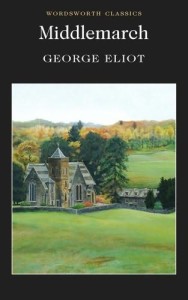Anna Karenina

Anna Karenina is a novel that, to my mind, admits of no comparison, and the recent feature film could not boast of being nearly as impactful or masterful as its source material. In this review, I’d like to talk a little about both the book and the movie, which premiered in 2012 and features Keira Knightley, Jude Law, and Domhnall Gleeson (among others).
To proceed justly, I’ll start with the novel, written by Tolstoy and published in 1877. In my previous review of War and Peace, I reflected on the tendency of literary masterpieces to appear intimidating and even unapproachable when viewed from a distance. And yet War and Peace is a spellbinding and engrossing work which could hardly be called inaccessible if length is not considered an impediment. Anna Karenina is also deserving of all its renown, and is also very accessible. However, it differs greatly from War and Peace. While the latter is more epic in style with its historical sweep over the Napoleonic wars, Anna Karenina is a novel focused primarily on relationships and individuals; on love.
Read more



